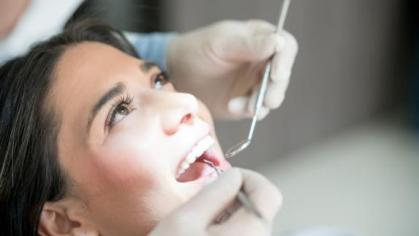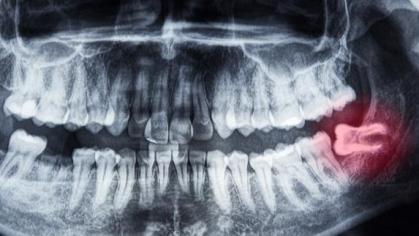How Oral Surgery Can Address a Cleft Lip or Palate
Cleft lips and palate deformities are a common birth anomaly occurring in 1/1000 births worldwide. While not directly harmful, they can make tasks like eating, drinking, and speaking difficult for a growing child. The only current way to treat these abnormalities is through surgery, which provides cosmetic and functional benefits for your child. Find out more from Rutgers Health University Dental Associates about oral surgery for cleft lip and palate deformities and what to expect at our Newark and New Brunswick offices in New Jersey.
About Cleft Lips and Palates
During early pregnancy, different parts of a child’s face form separately before joining together. There is about a small chance – about one in 1000 – that the parts do not join properly, leaving a gap. The effects can range from a slight notch in the lip to a large opening in the roof of a child’s mouth or face
While cleft lip or palate deformities affects your child’s appearance, it’s more than superficial. The anomaly also creates an opening in the lip or palate and disconnects the muscles in the mouth, making it hard for a child to eat or drink. These children may also struggle to speak clearly and can affect hearing and speech development.
Best Time for Surgery
Cleft lip deformities are generally performed in the infant at about age 3 months when child meets certain guidelines. Cleft palates are treated at approximately 12-18 months of age. Other dental team members including pediatric dentists and orthodontists are involved in the management of these children. Later procedures include alveolar bone grafting between age 9-12 years followed by secondary procedures such as scar revision, rhinoplasty and orthognathic surgery for jaw deformities which commonly occur in cleft lip and palate patients.
By treating cleft lip or palate early, you can assist your child’s speech can develop correctly right from the start in conjunction with speech pathologists. Surgery can be delayed, however, if there are other issues that might cause complications, such as anomalies with the heart or lungs which is coordinated with other medical specialists.
What to Expect from Surgery
Surgery to repair cleft lip or palate is more than just a cosmetic repair. It also aims to ensure that the mouth can function properly. The major goals of the procedure are to:
- Close gap between mouth and nose
- Reconnect facial muscles
- Ensure palate is shaped properly
- Promote development of teeth
- Reshape the nasal area
There are many different methods of correction depending on the severity of the cleft and the presence of any other health conditions. Regardless of the method, fully correcting the abnormality may require small procedures for revision and refinement at various times during a child’s growth. For instance, a cleft may also interfere with the nasal cavity, ear canals, or proper jaw function, requiring additional surgery.
After the procedure is complete, make sure that your child is comfortable. Do not let them touch the site of the surgery or to put things in their mouth, including pacifiers and sippy cups. In addition, the child should remain on a diet of liquids and soft food for six weeks.
Trust Our Experts
Having a child with a cleft lip or palate can be scary, but there’s no need to worry. Oral surgery for cleft palates and lips can treat even the most severe case with enough patience, persistence, and expert care. If your child has a cleft lip or palate, call Rutgers Health University Dental Associates to find out more about our treatment plans. You can reach us at our Newark facility at 973-972-2444 or in New Brunswick at 732-235-5050.



